Reuniting separated families in Western Tanzania
… families. We start by reuniting the family of five. We then follow Keve, a … her mother. According to Ene Abah, the ICRC Restoring Family Links delegate in our office in Kibondo town …
… families. We start by reuniting the family of five. We then follow Keve, a … her mother. According to Ene Abah, the ICRC Restoring Family Links delegate in our office in Kibondo town …
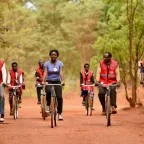
… the team continues to stay in touch with family members by phone and share information on restoring family links services on Twitter and Facebook. Saratu …
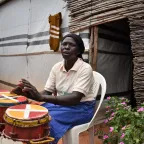
… for Malaysia with dreams of improving his family's life. Read: the full story on the ICRC Restoring family links website …
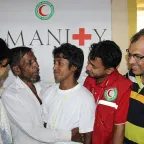
… Rwanda and Burundi to help reunite families: Restoring Family Links in Rwanda Restoring Family Links in …
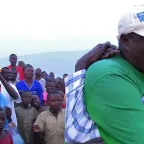
… about their missing loved ones." The Restoring Family Links website allows people to report that they …
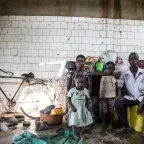
… Red Cross (ICRC) undertook a comprehensive Family Needs Assessment (FNA) among the … them presumably belonging to foreigners. 2 Restoring Family Links Assessment, Migration in Europe, …
… the Red Cross (ICRC) have been providing a Restoring Family Links telephone service to vulnerable migrants …
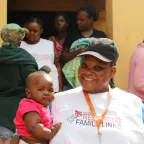
… to lose her unborn child. With no news, her family back in Damascus were frantic with … medication, Imtisal was able to use Zoran's "restoring family links" phone to contact her family in …

… of Afghanistan, was nine years old when her family tried to flee the country. "My mother … Trace the Face tool, which is part of the Restoring Family Links (RFL) programme of the International Red …
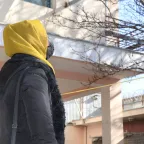
… the bureaucratic obstacles that arise when a family member is missing but not acknowledged … family member or loved one? Visit our Restoring family links website . More: stories on the …
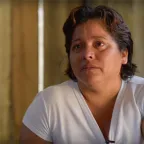
Try one of the following resources:
Created in 1863, the ICRC library, alongside the ICRC archives, provides an indispensable documentary reference on the organization itself and international humanitarian law.
International humanitarian law is based on a number of treaties, in particular the Geneva Conventions of 1949 and their Additional Protocols, and a series of other instruments.
Customary international humanitarian law consists of rules that come from "a general practice accepted as law" and that exist independent of treaty law.